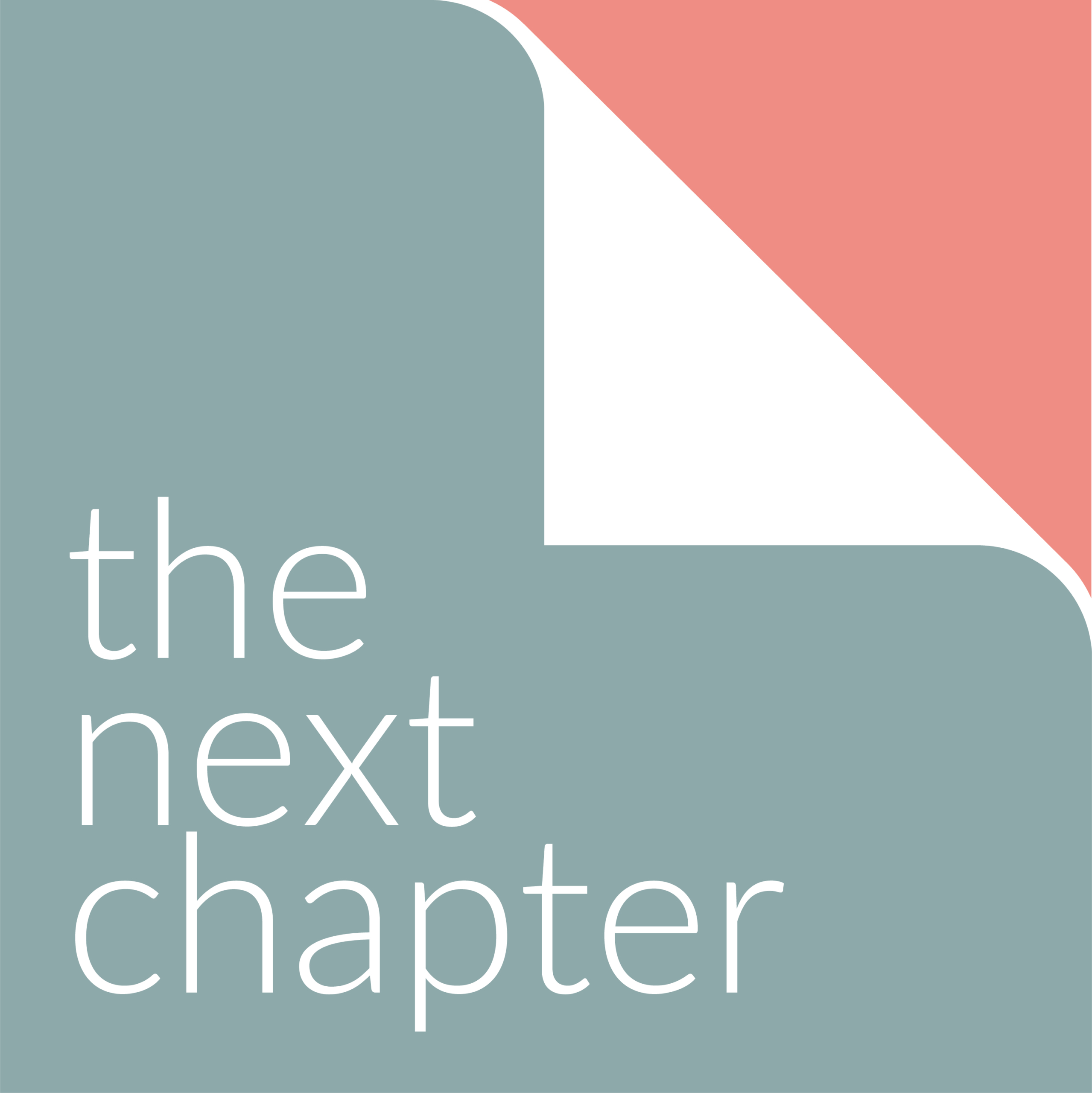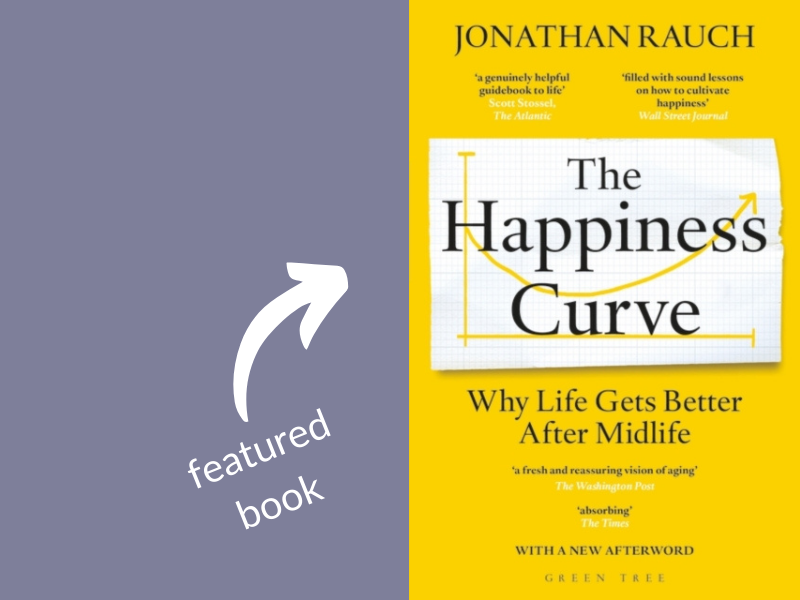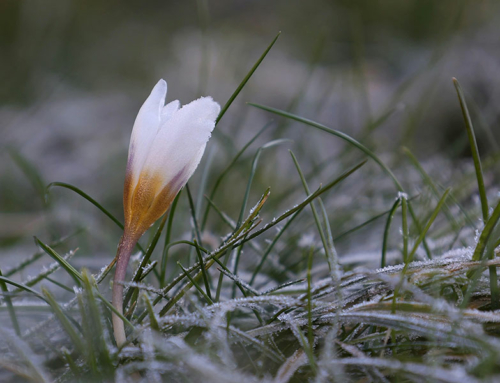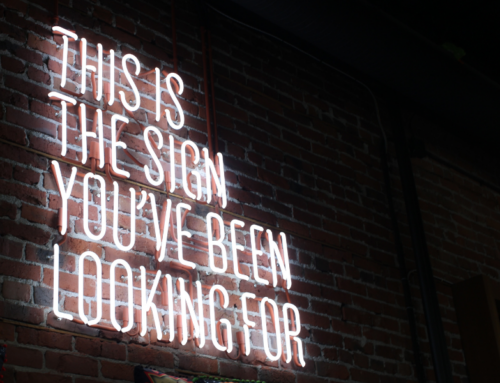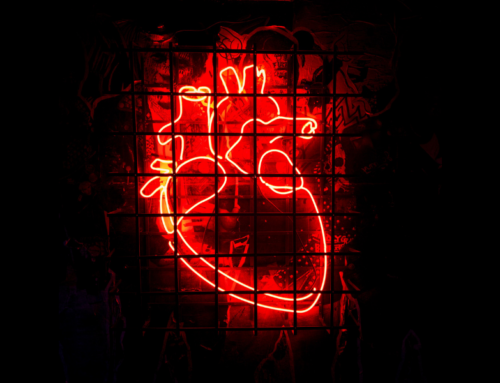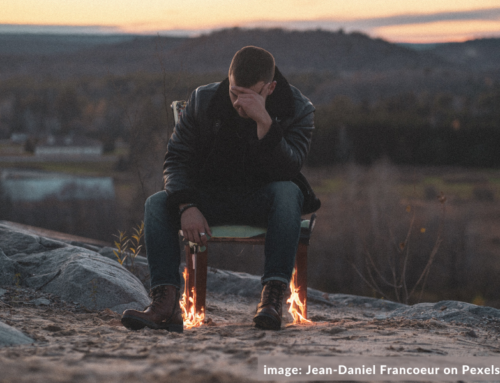The man having a midlife crisis doesn’t tend to get a lot of sympathy. A crisis at another point in life might prompt concern and offers of help, but if friends and family chalk it up to “midlife”, it might just get an eye roll. It’s likely to be a joke, socially, and underneath the joke there’s perhaps a judgement: maybe that it’s some kind of weakness, stupidity or moral failing.
The classic case upends his family life and maybe his work life as well, buys a lot of flashy stuff and goes into a second adolescence. But how many people really do this? How many more are having a quieter crisis of fatigue, irritability, diminished confidence, loss of sex drive, niggling health worries, depression and dissatisfaction? (1) Is that solely age-related? And do you get a say in whether it happens to you?
happiness curves
In psychology research, there does seem to be an age-related dip in wellbeing in what our culture calls midlife (2). The effect seems to hold across different countries, and regardless of many other factors that affect mental health. Jonathan Rauch’s book The Happiness Curve discusses the research and offers a helpful, hopeful way of framing it – as a natural process that will be followed by an upwards curve in happiness as you come out of it.
grown up considerations
Reaching what we think of as midlife often prompts a review, or a reckoning. And perhaps health niggles, the loss of the older generation, or the untimely death of some contemporaries, prompts a reckoning with one of the biggest matters of all: our own mortality.
Psychiatrist Irvin Yalom observes that some of his clients feel death anxiety as a conscious fear, but for many more it hums away underneath, unconscious but ever-present. Either way, we could all use some guidance to confront it. In Staring at the Sun, Yalom offers the thought experiments of Epicurus along with the tools he has developed to help his clients, and himself, to be at peace with mortality.
Facing mortality imbues life with far greater meaning and significance. It’s hard to keep appreciating something that will be there forever – the finite is precious. So it turns out, books about death and dying are really about living: as Morrie puts it in Tuesdays With Morrie “once you learn how to die you learn how to live”.
Palliative medicine pioneer Kathryn Mannix notes the power of people who are coming to the end of their life – they are “examples of what we can all become: beacons of compassion… and focused on the simple things that really matter” (With the End in Mind by Kathryn Mannix). And surgeon Atul Gawande found, “among the most meaningful experiences I’d have as a doctor – and, really, as a human being – would come from helping others deal with what medicine cannot do” (Being Mortal by Atul Gawande). Looking into your feelings about death may be one of the most life-affirming things you can do.
making a change, not a mess
Your reckoning might make you want to make some changes. It’s very understandable that your 40-something self would want to review some of the choices made by your 20-something self, if not completely overhaul them. At this point in life, you know yourself much better. You might be questioning old beliefs and habits, changing your priorities, or grappling with things you’d previously swept under the rug. This can be hard but is not necessarily a crisis – if you can practice adaptability (3), it could be very positive for you and your loved ones.
Counselling or coaching can really help with this.
you can dig where you stand
You might need to make changes, but that doesn’t mean you have to destroy what you’ve built. As Esther Perel explains in Mating in Captivity: with some creativity, curiosity and courage, you can have a new marriage or partnership with the same person. And as Daniel Pink explains in Drive, most people don’t know the truth about what really motivates them, or other people. So don’t despair if you’ve lost your spark at work or at home: you could strike gold by staying and digging deeper into what is going on.
But what if it’s worse than a lack of spark, and you’re stuck in a hole with no gold in sight? There are some big stressors that can build up in this phase of life and you might find yourself struggling in ways you never have before, which can be very frightening.
when a midlife crisis is a crisis
It’s important not to ignore anxiety, depression, or other suffering just because it’s happening at this specific time. You don’t have to try to shrug it off or put up with it just because people say it’s a midlife thing. It might be common, but that doesn’t make it any less painful or difficult. And it doesn’t mean it’s hopeless. If you’re feeling unwell mentally or physically, you deserve support and healthcare.
If it’s too hard to ask for help out loud, I hope the books I’ve linked to here can offer something to you – they are a kind of conversation between writer and reader, and you might find reassurance, explanation, advice and solace in their pages.
All book links take you to our pages on Bookshop – the platform for independent bookshops.
If you buy a book from these links, we get 30% of the sale, which we put towards providing low-cost counselling and other wellbeing services. So your book contributes to your wellbeing (we hope) and to others’ too.
Please email info@thenextchapter.org if you have any questions about the books or would like to get some personalised recommendations.
